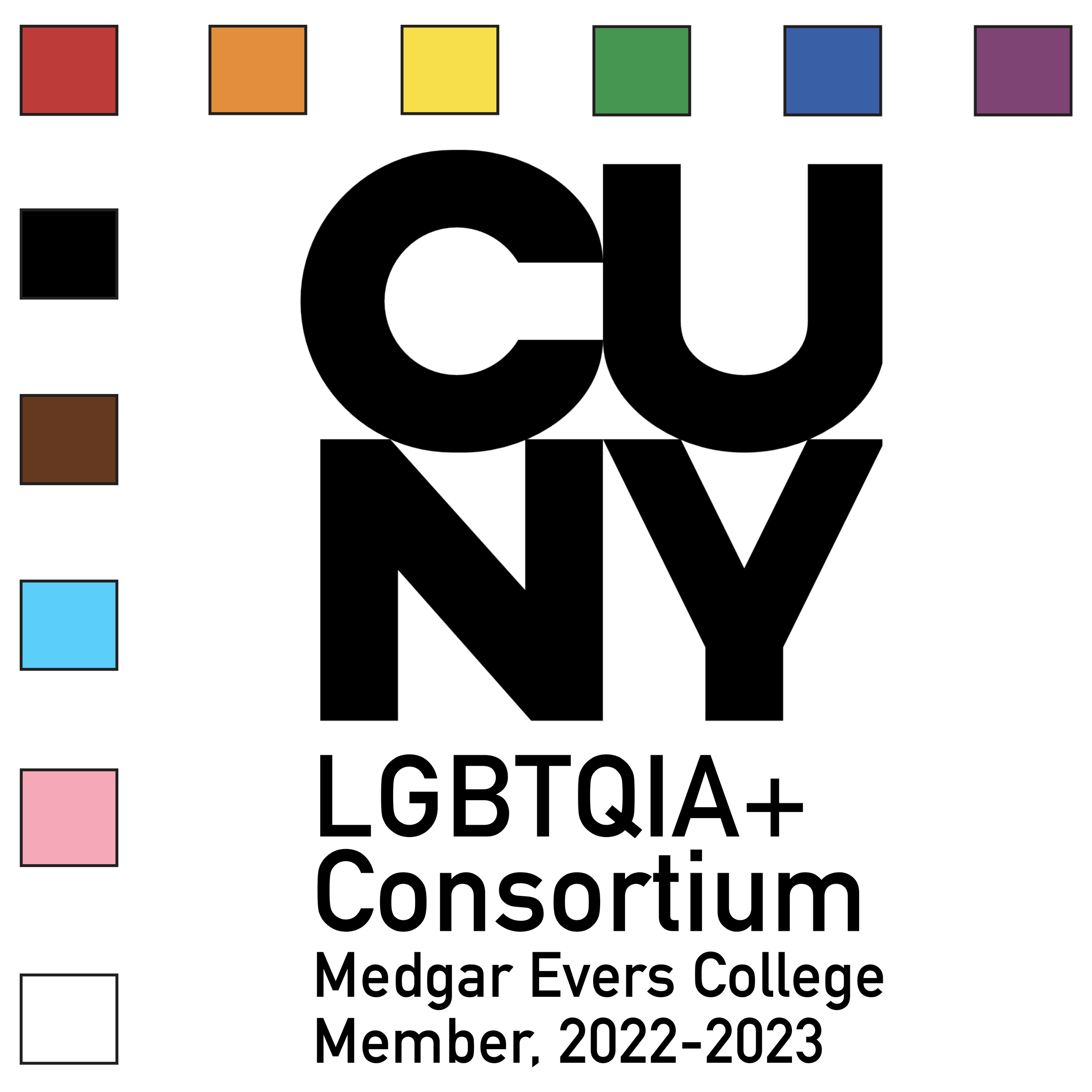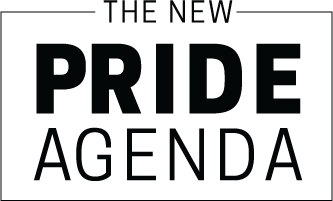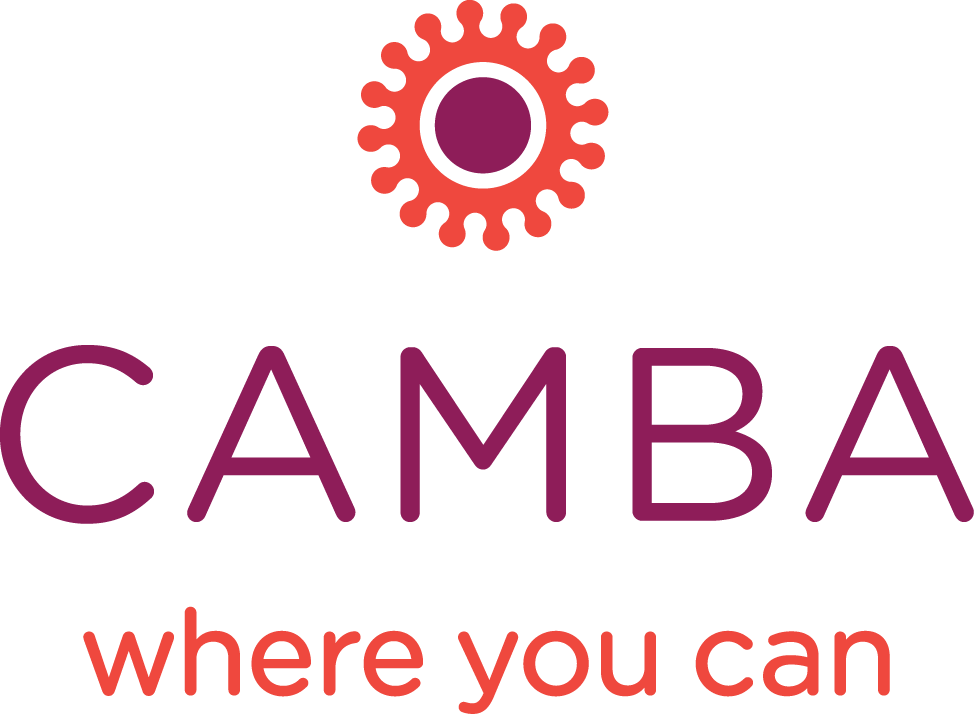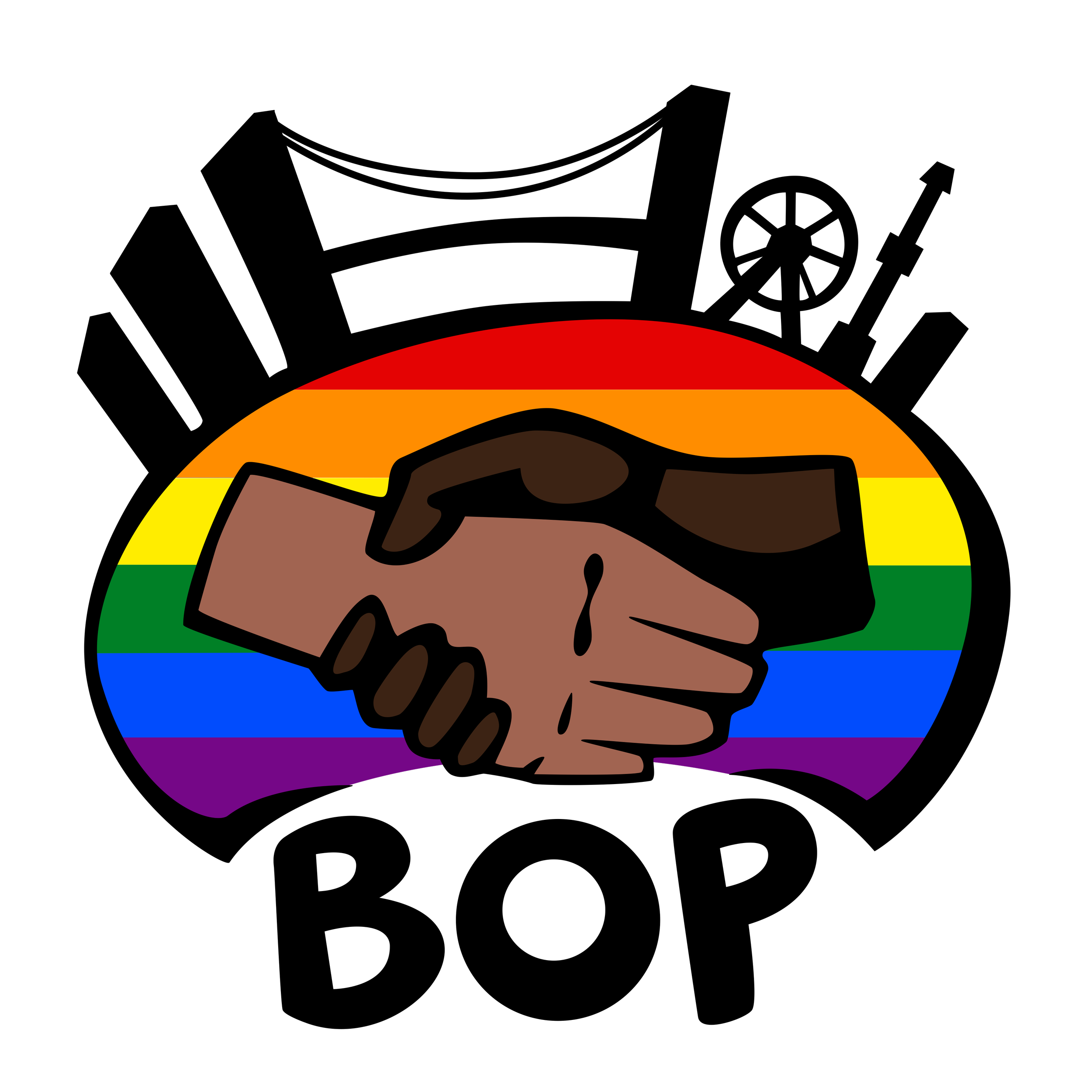Queer Caribbean Liberation Collective at 2024 West Indian Day Parade
When: Monday, September 2, 2024 | 10:00 AM
Meet-up Location: Utica Avenue & Eastern Parkway, Brooklyn, NY 11213
On Monday, September 2, Caribbean Equality Project will lead the Queer Caribbean Liberation Collective, the only LGBTQ+ contingent in the 2024 West Indian Day Parade. The coalition of partners, activists, and community members will march to amplify Caribbean LGBTQ+ representation while celebrating Caribbean culture, to demand action, accountability, and Justice for Guyanese Trans Lives.
Queer Caribbean Liberation Collective 2023. Photo by Richard Louissaint.
The Carnival Road has always been a place of resistance, centering a history of fighting for freedom and celebrating Caribbean resilience. Tiffany Jade Munroe, the Trans Justice Coordinator of Caribbean Equality Project and Trans activist Twinkle A. Paul and will lead the Queer Caribbean Liberation Collective contingent in the 57th annual West Indian Day Parade. The two Guyanese trans women, who are asylum seekers, migrated to New York City for safety and survival- fearing the fate of their fellow murdered Trans Guyanese sisters.
An epidemic of transphobia has claimed the lives of six transgender women in horrific acts of hate and violence over 12 years in Guyana. To date, the inaction from the People's Progressive Party/Civic (PPP/C) of Guyana, the opposition, and the religious leaders have yet to condemn these senseless and brutal killings of these Guyanese citizens. Most recently, on Saturday, August 3, Randy Stanislaus, known to her community as Radica, a transgender woman, was murdered at the Mahaica Community Center. Radica's abandoned body was discovered in a pool of blood with multiple stab wounds. Her death comes just less than a month after a gunman fatally shot and killed Shawn Simon, a young and vibrant Afro-Guyanese transgender woman, on July 11, 2024. Radica and Simon are not the first cases of murder. In 2013, Wesly Holder was tortured, and her lifeless body was dumped in a dark alley. To date, no one has been held accountable, and her death remains a mystery. In 2014, Jason John, also known as Jada, and Carlyle Sinclair, called Tyra, were murdered with the assistance of workers who were employees of Mekdeci Machinery & Construction Inc. (MMC), a privately owned security company. In 2015, again another Trans sibling, Noel Nephi, was brutally gunned down, execution style similar to Simon.
The murders of Radica and Simon sent shockwaves throughout Guyana and the LGBTQ+ community, a reminder of the daily struggles for safety and economic stability of trans people while illuminating the archaic post-colonial laws that continue to harm LGBTQ+ Guyanese. Their deaths did not occur in isolation. It is a result of a lack of human rights laws and decades of systemic injustices impacting marginalized LGBTQ+ people in Guyana. All of the murdered trans women were forced into survival sex work due to a lack of employment opportunities, job discrimination, housing inequities, and inaccessible health and gender-affirming care. Like other former British colonies, Guyana inherited archaic colonial laws, religious bigotry, police brutality, and oppressive practices from its colonial rulers. These trans lives and futures were robbed of the possibilities of prosperity due to a deprivation of resources to thrive. The bodies of our trans siblings might have been discarded and abandoned, but they are not disposable. They have loved ones who continue to mourn their lives, uplift their memories and legacies, and fight for accountability and justice- even in the diaspora.
The Caribbean Equality Project's transnational work centers on developing cross-border movement relationships with Caribbean regional partners whose legislative advocacy focuses on decriminalizing same-sex intimacy and post-colonial laws. In the face of anti-immigrant sentiment, homophobia, biphobia, transphobia, gendered and racialized discrimination, lack of access to health services, and hate violence at the hands of their families, friends, employers, medical professionals, and law enforcement officers (even in New York City), Caribbean Equality Project is committed to creating sustainable and progressive Caribbean diaspora communities, free of violence and all forms of discrimination.
The West Indian Labor Day Parade is the largest convening of Caribbean people in NYC. It's a cultural space for Caribbean people, by Caribbean people, and that includes Caribbean LGBTQ+ joy and resilience. Since 2015, the Caribbean Equality Project has participated in the parade to advocate for Caribbean LGBTQ+ Voices in NYC. Our community deserves the right to exist and thrive without the fear of violence in their home country and throughout the Caribbean diaspora. We call on our Caribbean allies to stand in solidarity with Caribbean Equality Project to build a Caribbean diaspora and an LGBTQ+ liberation movement grounded in love, accountability, and justice.
Far too often, Caribbean LGBTQ+ people in the region who are survivors of hate crimes are revictimized by local law enforcement officers, who typically will not investigate due to anti-LGBQ+ sentiment and transphobia. Police extortion of LGBTQ+ individuals is common, and the police are known to encourage violence against LGBTQ+ people—including urging inmates to rape LGBTQ+ individuals in custody. Despite incredible progress in the Caribbean, societal discrimination against LGBTQ+ individuals remains widespread, forcing community members into isolation, homelessness, and displacement, including dangerous migration journeys for survival.
To march with us or learn more, please email us at info@CaribbeanEqualityProject.org or phone us at (347) 709-3179.
Caribbean Equality Project is a 501(c)(3) tax-exempt, registered non-profit organization. All contributions and donations are fully tax-deductible to the extent permitted by law (EIN 47-2806715).
To learn more about the Caribbean Equality Project and for regular updates on our work, connect with us on Facebook, Instagram, and YouTube at @CaribbeanEqualityProject, and on Twitter at @CaribEquality.

















